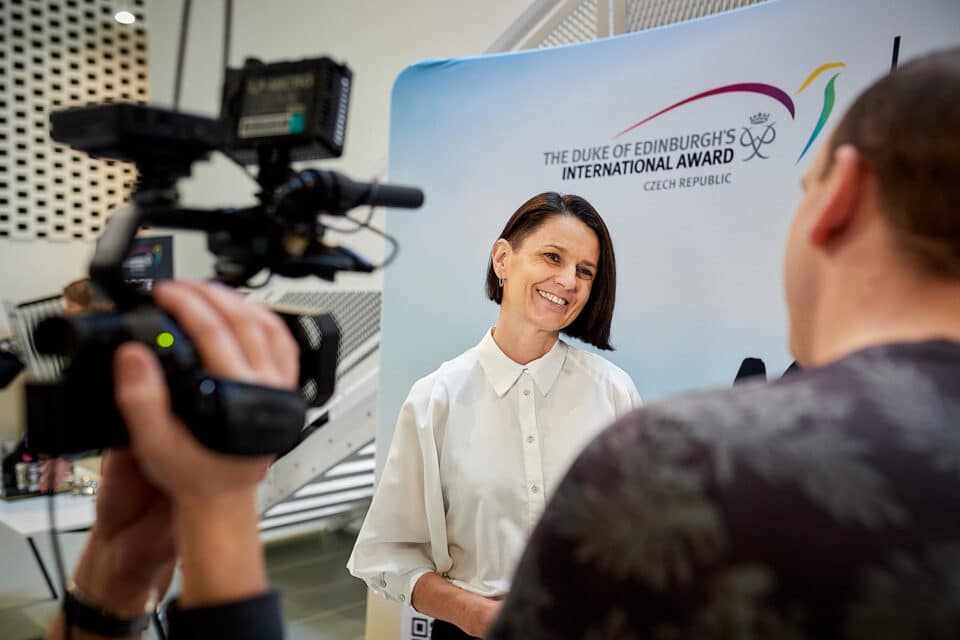Now you've definitely got a few soft skills that the DofE is or has helped you acquire and improve, and you may not even know it.
Translated from the English original and edited by The Duke of Edinburgh's Award, https://bit.ly/2O1yMrx
Soft skills are the abilities that enable you to interact effectively and harmoniously with other people. They are non-academic and non-technical skills, qualities and attitudes that can influence how successful you are in all areas of your life. However, they are especially important for professional life.
Now you've definitely got a few soft skills that the DofE is or has helped you acquire and improve, and you may not even know it. These include collaboration, initiative, communication, commitment, problem solving and more. In the UK, for example, employers highly value candidates who can demonstrate that they have these skills and are therefore 'work life ready'. 95% of employers think soft skills are as important as academic achievement. The same is true for us. So, even if you have little work experience, emphasizing that you can work hard and get along with colleagues on your resume or on application forms will give you a leg up on other applicants. A great proof that you have these skills is the DofE certificate.
Each part of the DofE programme develops a different set of soft skills. For example, to complete an adventure expedition you need to be able to work as part of a team, be independent and organised, while for volunteering you need to be reliable and have compassion for others.
To help you improve your chances of getting a new job and a successful career, we've selected six simple steps to help you identify which of the soft skills you'll learn on the DofE programme will be most interesting to future employers and universities.
1. Recognize
Try to think about all the activities and events you did and experienced during the DofE, write a list for example.
2. Rethink
Focus on each item on your list and think about what was the hardest, most interesting or most challenging for you, and make a note of experiences that were completely new to you. Think about which of your skills and abilities you used to overcome and accomplish these things. Write them down.
3. Imagine the position of the employer
Think about what experience, soft skills and evidence your future employer or university abroad is looking for in applicants.
4. Assign Skills
Compare your list of skills with the list of things the employer is looking for - not everything is relevant to the job.
5. Application and interview
As well as preparing your list, think about what else your employer might be interested in. Your presentation skills and the way your CV is written can be just as important as your previous achievements and skills.
6. Ask for help
It is not easy for most people to talk about their strengths and achievements. Find someone who can help you do that. It doesn't have to be a professional careers adviser, just someone who can give you honest and objective feedback (e.g. a friend, parent, teacher or DofE leader).


